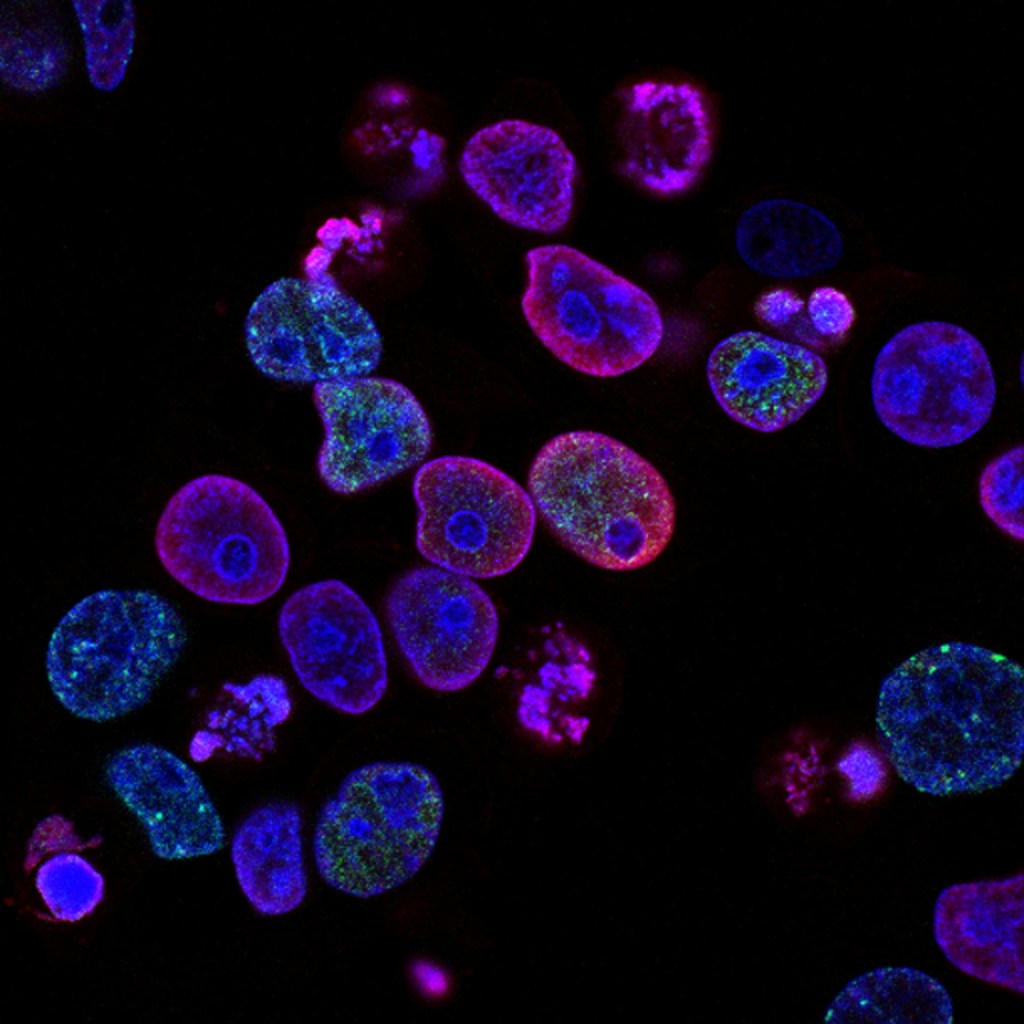NHS trials the world’s first vaccine for skin cancer on British patients
In a game-changing development in cancer treatment, the NHS is trialling a cancer vaccine that could potentially lead to a cure for skin cancers.

Image by the National Cancer Institute
Developed by pharmaceutical giants Moderna and MSD, the world’s first mRNA vaccine targeted at melanomas is currently being administered to cancer patients in the UK and worldwide as a part of the third and final phase of the clinical trials.
Melanoma is a type of skin cancer caused by ultraviolet rays from the sun and sunbeds. Age, pale skin, moles, and family history of skin cancer can increase the possibility of getting the disease and it has the potential to spread to other parts of the body as well.
The initial tests conducted by Moderna and MSD suggested that the vaccine was able to drastically improve the chances of recovery from skin cancer which affects over 132,000 people worldwide every year. Thus, the NHS Foundation Trust and the University College London are now conducting the final phase of the development which involves human trials.
Officially referred to as mRNA-4157 (V940), the vaccine is custom-made to suit each patient to achieve the highest chance of success. Accordingly, a gene sample from the patient’s tumour is obtained and sequenced to target neoantigens that trigger an immune response.
Given the highly individualised nature of the treatment, it is also referred to as individualised neoantigen therapy (INT) and it is expected to be far more effective than a generic vaccine developed for the same purpose.
Speaking on the rollout of the clinical trials, Dr Heather Shaw, the National Co-ordinating Investigator said:
“[It is] one of the most exciting things we’ve seen in a really long time. I think there is a real hope that these will be the game-changers in immunotherapy. We’ve looked for a long time for something that would be additive to the immunotherapies that we already have – that we know can be life-changing for patients – but with something that’s got a really acceptable side-effect profile and these therapies look as if they may offer that promise.”
The trials are expected to include patients from hospitals across the country such as London, Leeds, Edinburgh, and Manchester. If successful, the researchers are expected to expand the capabilities of the vaccine to respond to other types of cancer such as lung and colon cancers as well.



